Oracle unveils cloud-capable 12c database
Oracle Openworld: Next-generation database will be multi-tenant for the cloud.


The next version of Oracle's database will come with multi-tenancy features, providing security, control and efficiency for software services delivered from the cloud, chief executive Larry Ellison said at the OpenWorld conference in San Francisco.
He said that 12c would be "the first multi-tenant database in the world" and added that separate memory and processes are allocated to each database.
Ellison said that the database incorporates a "fundamental new architecture" and that customers can take "one dedicated set of memory, one set of operating systems processes and plug them into multiple separate private databases in a single container".
Traditional database architectures have multiple customer data existing at the application level, but the new version, uses six times less hardware and would be five times more scalable, according to Ellison, who added the "c" stood for cloud.
"You can back up hundreds of databases, and manage many as one," he said.
He softened his previous stance on cloud and multi-tenancy not being secure as he said at last year's Openworld by explaining that he was referring to the application level model used by some SaaS providers.
Ellison maintained he was "very critical of multi-tenancy at the application level."
Get the ITPro daily newsletter
Sign up today and you will receive a free copy of our Future Focus 2025 report - the leading guidance on AI, cybersecurity and other IT challenges as per 700+ senior executives
"There are all kinds of problems that can come up in those situations security being the main one," he said.
He also touted the company's new Private Cloud, which would be identical to Oracle's existing public cloud service. This is Oracle owned, managed and operated hardware in its own data centre and is sold as a pay-as-you-go service.
He added that the service, using the firm's Exadata and Exalogic servers, would give customers the benefits of a public-cloud service but run on Exadata and/or Exalogic servers that exist in customer data centres.
The private cloud can be managed by Oracle employees, should the customer choose to or run inside Oracle's own data centres. The Exadata database can run multiple databases, keeping all data separate and secure, instead of running separate servers with dedicated storage networking and security. The new Exadata server also runs databases of up to 26TB in size on solid-state disks offering micro-second response times.
Ellison claimed customers would never have to use hard disk drives as all the data is migrated from mechanical drives and into memory. "You can't get faster than that," Ellison boasted.
All the products will be available in 2013.
Rene Millman is a freelance writer and broadcaster who covers cybersecurity, AI, IoT, and the cloud. He also works as a contributing analyst at GigaOm and has previously worked as an analyst for Gartner covering the infrastructure market. He has made numerous television appearances to give his views and expertise on technology trends and companies that affect and shape our lives. You can follow Rene Millman on Twitter.
-
 ‘DIY’ agent platforms are big tech’s latest gambit to drive AI adoption
‘DIY’ agent platforms are big tech’s latest gambit to drive AI adoptionAnalysis The rise of 'DIY' agentic AI development platforms could enable big tech providers to drive AI adoption rates.
By George Fitzmaurice
-
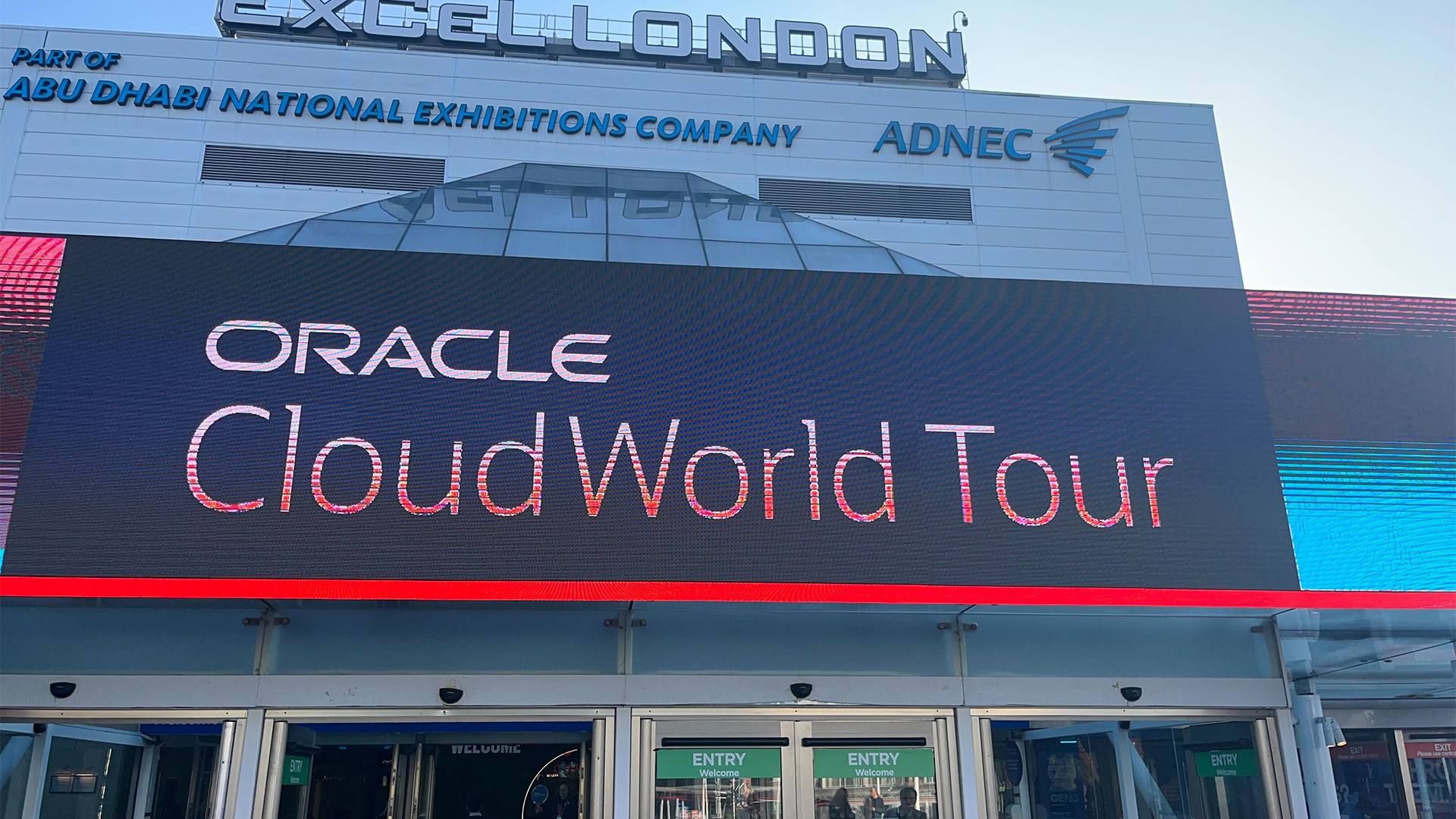 AI agent announcements are a dime a dozen right now – here’s what Oracle thinks it’s doing differently
AI agent announcements are a dime a dozen right now – here’s what Oracle thinks it’s doing differentlyNews Oracle’s latest foray into the world of AI agents will leverage the firm’s strength in infrastructure and come at no additional cost to users.
By George Fitzmaurice
-
 Oracle bets on vector search capabilities to drive enterprise AI value
Oracle bets on vector search capabilities to drive enterprise AI valueNews Oracle claims its new tool will bring AI “to where the data is,” rather than the other way around
By George Fitzmaurice
-
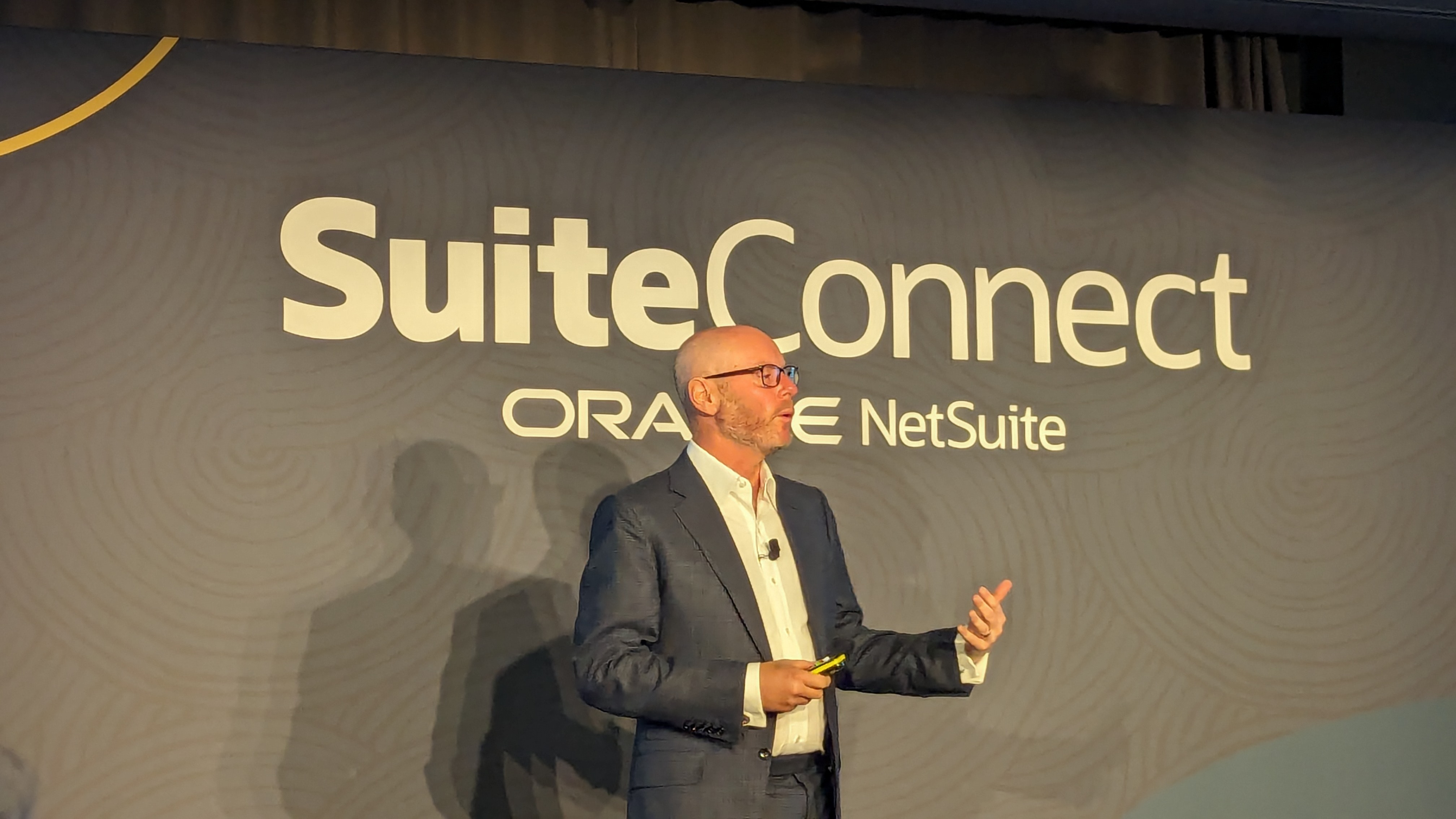 NetSuite doubles down on localized AI with UK, EMEA product launches
NetSuite doubles down on localized AI with UK, EMEA product launchesNews Regional product launches aim to address struggles with ESG reporting and surface more data insights for NetSuite’s EMEA customers
By Rory Bathgate
-
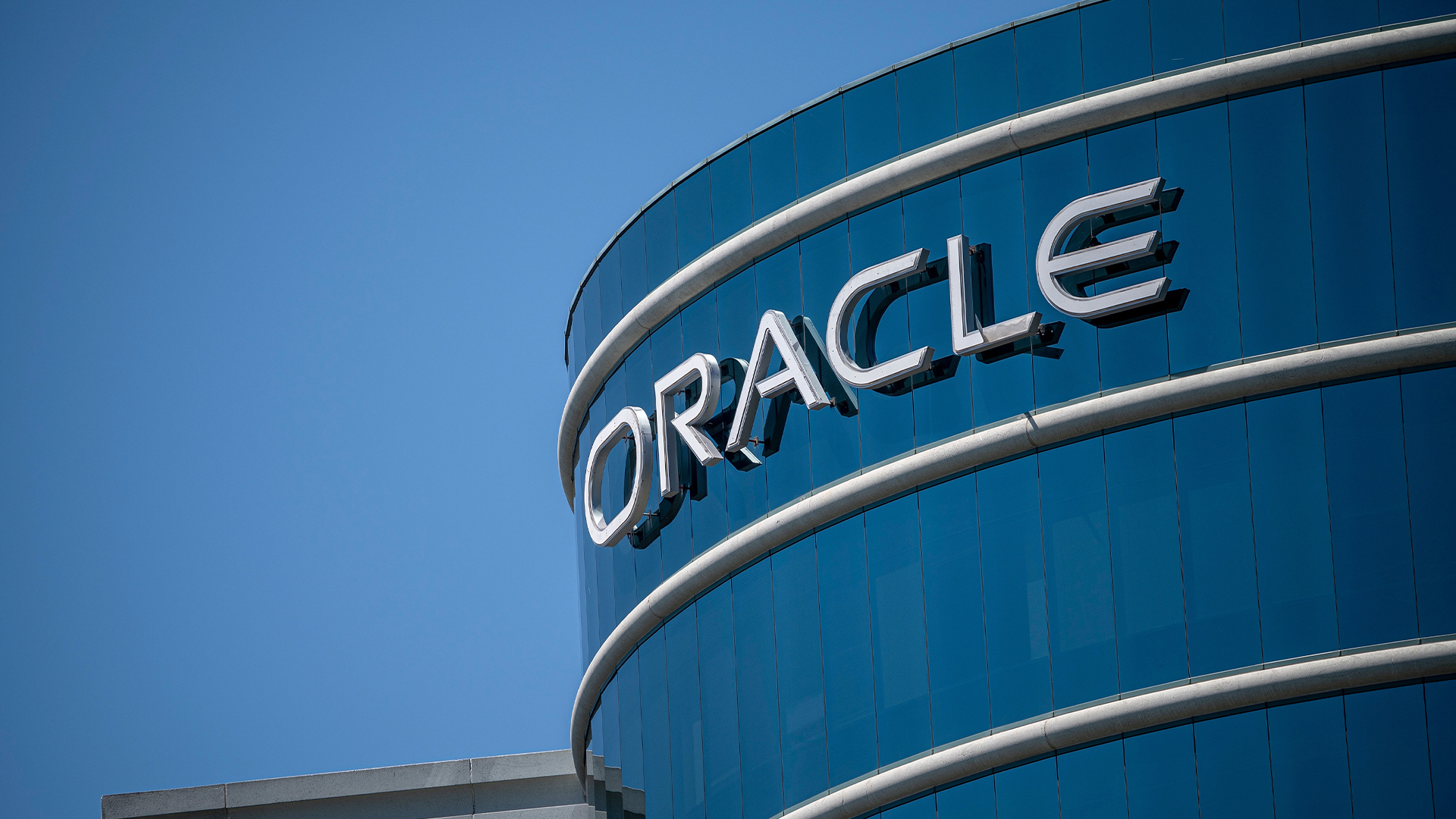 Oracle ditches the hype for a straight talking generative AI approach
Oracle ditches the hype for a straight talking generative AI approachAnalysis Oracle knows it has to box clever in the generative AI race, and its ambitions rest on delivering tangible enterprise use-cases
By George Fitzmaurice
-
 IDC MarketScape: Worldwide supply chain Oracle ecosystem services vendor assessment
IDC MarketScape: Worldwide supply chain Oracle ecosystem services vendor assessmentWhitepaper In-depth assessment of IT consulting providers supporting supply chain management processes
By ITPro
-
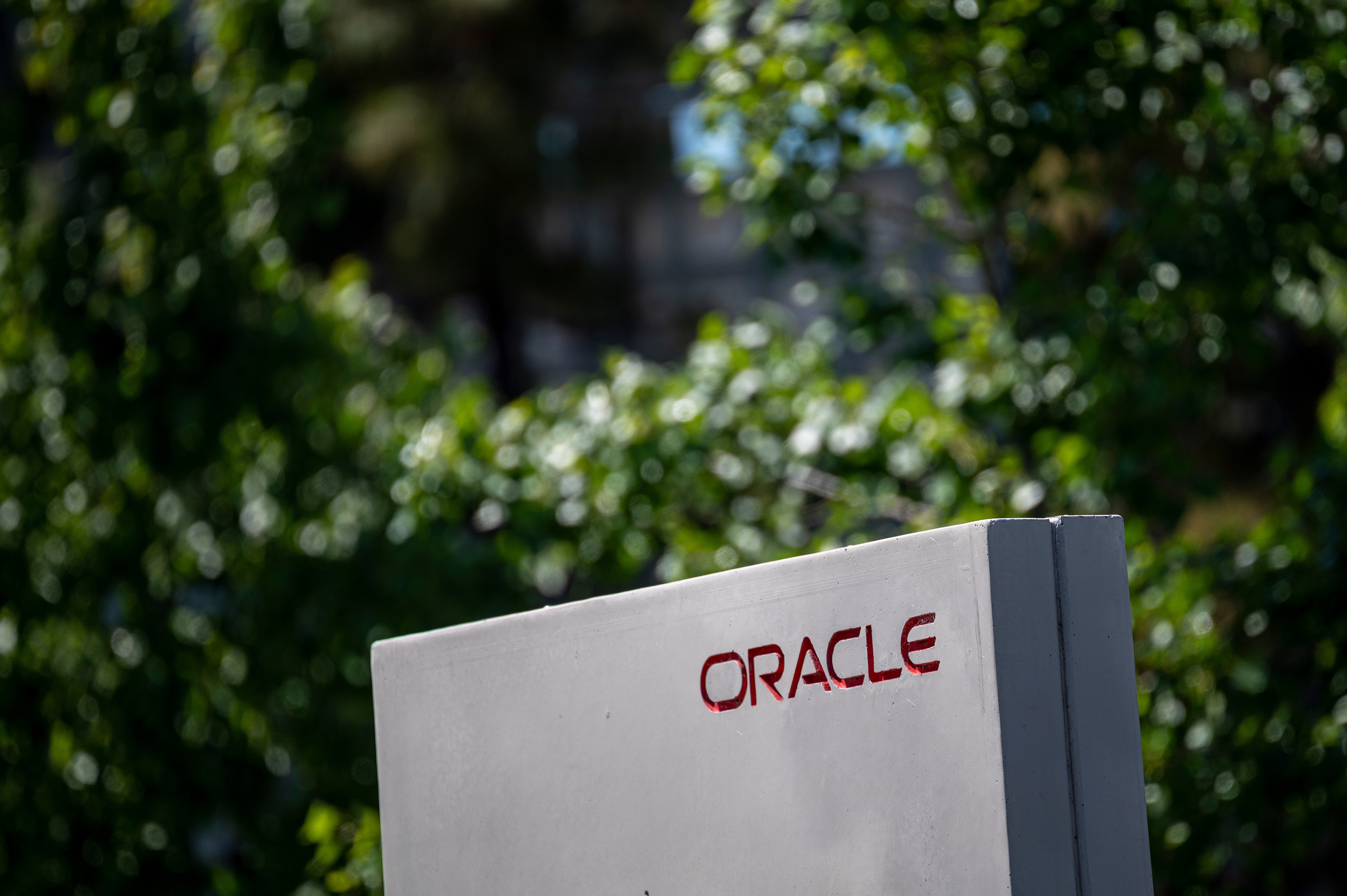 Oracle missed the cloud boat - is it doing the same with AI?
Oracle missed the cloud boat - is it doing the same with AI?Analysis Founder and chairman Larry Ellison says billions will be spent to lure AI companies to Oracle’s cloud, but is it too little too late?
By Richard Speed
-
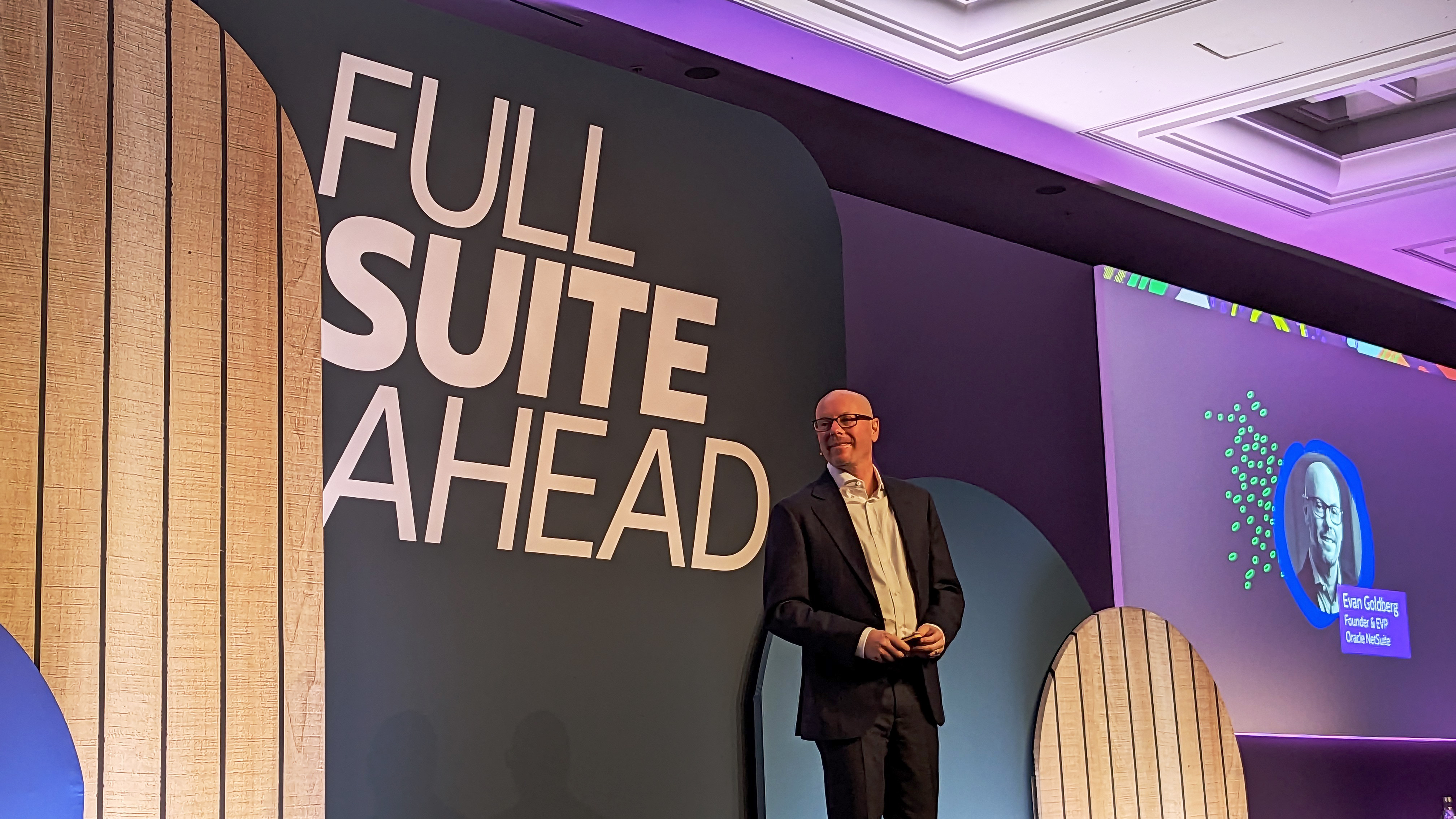 NetSuite aims to be a ‘global local solution’, set to double down on automation
NetSuite aims to be a ‘global local solution’, set to double down on automationNews The ERP giant is betting that its all-in approach will lure customers in the uniquely-complex EMEA market
By Rory Bathgate

